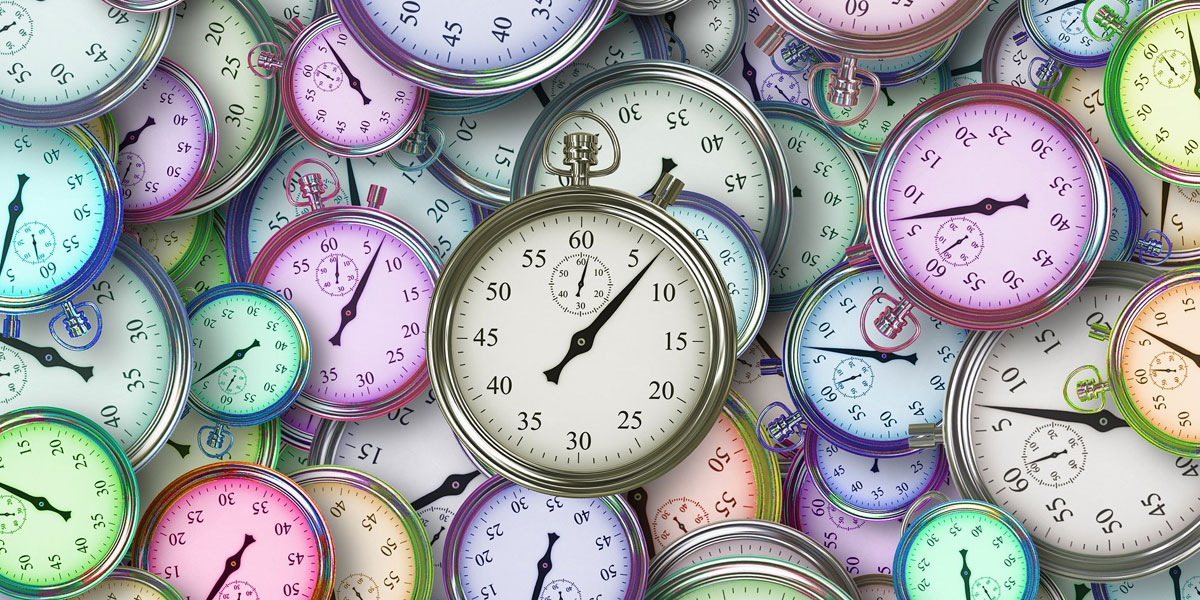A friend recently commented that most people living in cities are between one of three things – between jobs, apartments or relationships. This might not be true for everyone, but my experience is that things seem to be unpredictable and in constant flux for most of us. Everyone seems to be grappling for some sense of security, be it in their careers or relationships.
Like every other IT professional, I have a sedentary stressful life. Stress, anxiety and depression have become commonplace, especially in this industry. So I decided to put my research skills to use and combat stress and anxiety with knowledge. After all, how hard can it be?
I have to say, when I started investigating I became even more anxious! I learnt that stress is the natural mechanism of the body to cope with and fight against danger in our environment. This is good news, right? The problem is that we experience it every day. When we are under pressure, the growth mechanism stops and our mind and body switch to survival mode, which would come in handy if we were at war or during a natural calamity, but usually it’s more mundane. We experience the same level of stress even in traffic or during an argument at work or home.
When we undergo this daily, our nervous system, immunity and mental and physical well-being all deteriorate. Over time, our performance diminishes because, although stress brings out great results in a crisis situation, you cannot sustain it for the long-term. It’s like running a car on full throttle for extended periods – it leads to wear and tear of internal parts. Likewise, our human system shatters from a continuous and extensive onslaught of stress.
You will appreciate the irony – after studying the topic I was even more stressed. So what is the solution? How do we tackle this monster that afflicts so many of us? I got the usual advice from close friends: one said, “Join a gym and work out,” another recommended, “Eat healthy,” yet another said, “Sleep early and avoid drinking coffee,” and the list goes on and on. I have tried all these so far, and I know people who work out every day and seem no less stressed. What, then, is the key to a life devoid of tension?
Sometimes, the simplest things are the most effective. In all of my research, one word kept popping up consistently: meditation. I decided to get into this wholeheartedly and joined some of my family members who practice Heartfulness meditation.
How did Heartfulness meditation help? During daily life, my attention had been mostly drawn outwards. When thoughts were scattered, the power of thought decreases and I would lose focus. When I started meditating on the heart, in Heartfulness Meditation, my attention was directed inwards, and I learnt to ignore thoughts. The tendency to get distracted slowly reduced.
With continuous practice, my energy started flowing inwards and I learnt to retain energy naturally. My mind wasn’t wasting energy on unnecessary thoughts and stimuli. It’s difficult to put into words how the heart acts as a guide; you have to experience it yourself to know. My anxiety due to chronic stress started decreasing, my mind started functioning in a healthy way, and it felt like breathing new life into body, mind and heart.
Within three months of Heartfulness practice, I started noticing a genuine change in my emotional state. I am more relaxed and happy through the day, my performance has increased, and I appreciate life better. Exploring the subject of meditation is like a thirsty person with water. Reading about it is not enough! If you are thirsty, dive in and take a drink. Experience it, and you will appreciate it better. Meditate, shake off your worries and stay healthy.
– Raghava






